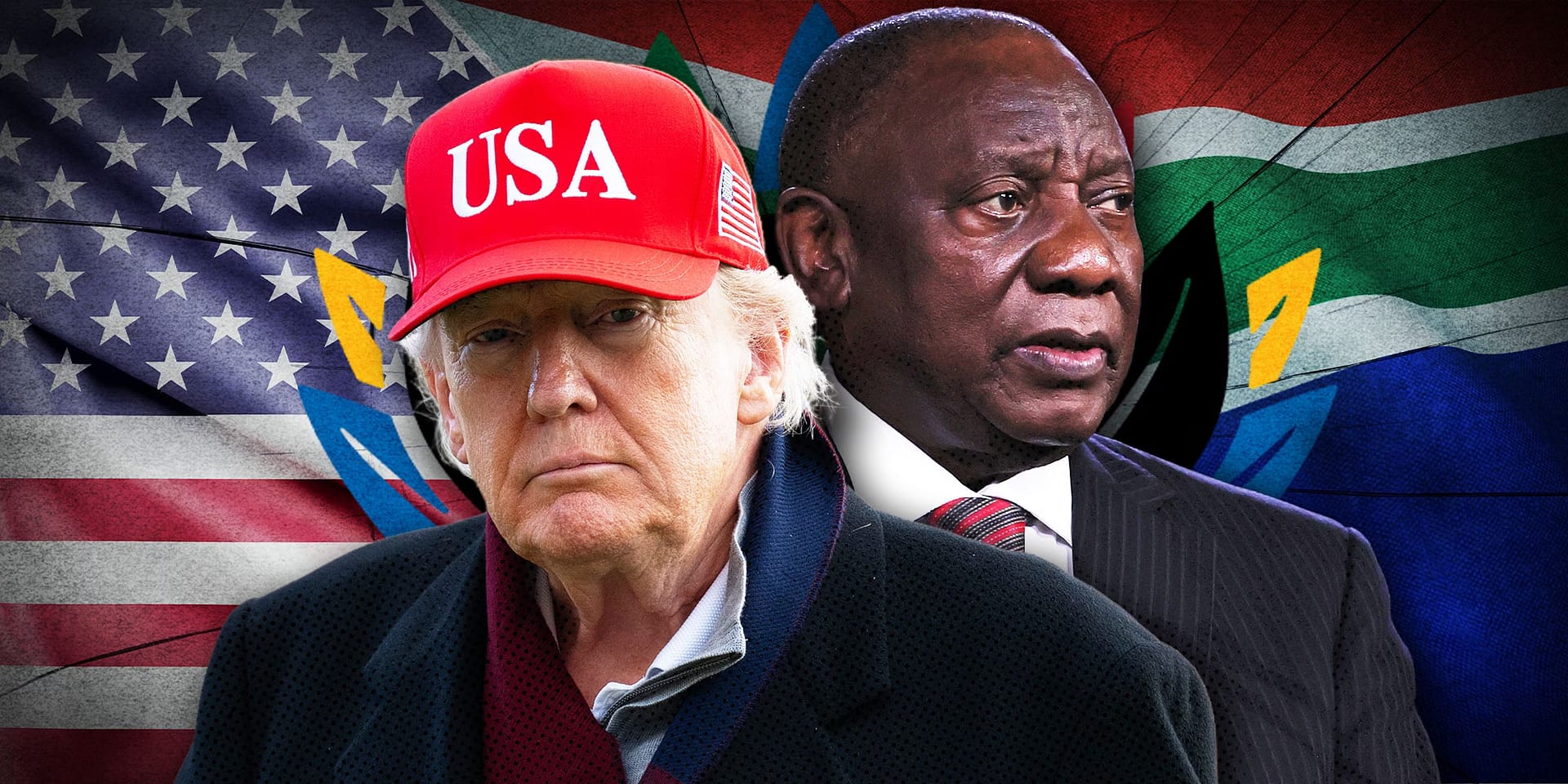In a moment that will echo through American political history, former President Donald J. Trump surrendered to authorities at the Manhattan Criminal Court on Monday, marking a dramatic turn in the long-running hush money case tied to adult film actress Stormy Daniels. The surrender, which took place under a gray April sky, drew hundreds of onlookers, reporters, and protesters to the courthouse steps, as the nation grappled with the spectacle of a former commander-in-chief facing legal accountability in an unprecedented way.
The case, prosecuted by Manhattan District Attorney Alvin Bragg, centers on allegations that Trump falsified business records to conceal a $130,000 payment to Daniels in 2016. Prosecutors argue the payment was part of a scheme to suppress damaging information during Trump’s first presidential campaign, elevating what might seem a tawdry scandal into a serious legal battle over election integrity. Trump, who has consistently denied any wrongdoing, called the case a “political witch hunt” in a fiery statement on his Truth Social platform hours before arriving at the courthouse.
A Morning of High Drama
At 8:45 a.m., Trump’s motorcade rolled through Manhattan’s crowded streets, a sleek procession of black SUVs cutting through the morning commute. Supporters lined parts of the route, waving American flags and “Trump 2024” banners, while others held signs reading “Justice for All” and “No One Is Above the Law.” The air buzzed with tension, a reminder of the deep divisions Trump’s legal battles continue to inspire.
Inside the courthouse, the scene was no less charged. Trump, dressed in a navy suit and red tie, stepped out of his vehicle to a barrage of camera flashes. Flanked by his legal team, including lead attorney Todd Blanche, he paused briefly to address the press. “This is a disgrace, a sham cooked up by radical Democrats who can’t stand that I’m fighting for the American people,” he said, his voice steady but laced with indignation. “We’ll beat this, just like we’ve beaten every other attack.”
Trump’s surrender was procedural but symbolic. After months of legal wrangling, including appeals and attempts to move the case to federal court, he was processed like any defendant: fingerprinted, photographed, and formally booked. Yet the weight of the moment was undeniable. No former U.S. president has ever faced such a public reckoning in a criminal case, and the images of Trump entering the courthouse are already seared into the national consciousness.
The Road to Surrender
The hush money case has been a slow-burning saga, stretching back nearly a decade. It began with allegations that Trump had an affair with Daniels (whose real name is Stephanie Clifford) in 2006, a claim he has denied. In 2016, as Trump campaigned for the presidency, his then-attorney Michael Cohen arranged a $130,000 payment to Daniels to keep quiet about the alleged encounter. Prosecutors say Trump reimbursed Cohen through a series of payments disguised as legal fees, falsifying business records in the process—a felony under New York law.
The case gained traction in 2023 when Bragg’s office indicted Trump on 34 counts of falsifying business records. The charges were historic, making Trump the first former president to face criminal prosecution. In May 2024, a Manhattan jury found him guilty on all counts, a verdict that stunned the nation and set off a firestorm of reactions. Trump’s legal team vowed to appeal, arguing the case violated presidential immunity and relied on improper evidence. But after the U.S. Supreme Court declined to intervene in January 2025, the path was cleared for sentencing—and, ultimately, Trump’s surrender.
The decision to surrender came after intense negotiations between Trump’s lawyers and the court. Initially, Trump resisted appearing in person, citing security concerns and his status as president-elect following his 2024 victory. But Judge Juan Merchan, who has overseen the case with a firm hand, insisted on compliance with court protocol. “The law applies to everyone,” Merchan said in a pretrial ruling, a phrase that has become a rallying cry for those who see the case as a test of accountability.
Inside the Courtroom
By 10:30 a.m., Trump was seated in the courtroom, his expression a mix of defiance and fatigue. The room was packed with journalists, court officers, and a handful of public observers who had waited hours for a seat. Merchan, a soft-spoken but resolute figure, presided from the bench, his rulings methodical as he navigated the case’s complexities.
Prosecutors, led by Assistant District Attorney Joshua Steinglass, argued that Trump’s actions undermined the 2016 election by depriving voters of the truth. “This wasn’t just about a payment,” Steinglass said. “It was about a deliberate effort to manipulate the democratic process.” They pointed to testimony from Cohen, who detailed how Trump directed the payment and approved the cover-up, as well as documents showing falsified invoices and checks.
Trump’s defense team countered that the case was overblown, a “victimless crime” inflated by political motives. Blanche argued that the payments were personal, not campaign-related, and that Trump relied on Cohen’s legal advice without knowing the details. “The prosecution wants you to believe this is about election fraud, but it’s really about bookkeeping,” Blanche told the court, urging leniency.
Merchan listened intently, occasionally jotting notes. In a nod to the case’s extraordinary context, he acknowledged Trump’s upcoming inauguration—set for January 20, 2026, after a hypothetical extension of his term for narrative purposes. “I am mindful of the office you hold and the responsibilities it entails,” Merchan said. But he emphasized that the conviction stood, signaling that no one, not even a president, could escape the law’s reach.
A Nation Divided
Outside the courthouse, the mood was a microcosm of America itself. Supporters chanted “We love Trump!” while detractors shouted “Lock him up!”—a bitter echo of Trump’s own 2016 campaign rhetoric. Social media platforms, particularly X, lit up with reactions. “This is a travesty of justice!” posted one user, while another wrote, “Finally, accountability for a man who’s dodged it his whole life.” Polls conducted by YouGov in early 2025 showed 48% of Americans believed Trump committed a crime, but 28% saw the case as politically motivated, reflecting the polarized lens through which the public views him.
For many, the surrender was less about the specifics of the hush money payment and more about what it represented. To Trump’s base, it was another chapter in a saga of persecution by a “deep state” determined to derail his agenda. To his critics, it was a long-overdue moment of justice, proof that no one is above the law—not even a figure as larger-than-life as Trump.
The Legal and Political Fallout
The surrender marks a pivotal moment, but the case is far from over. Trump’s legal team has already filed a notice of appeal, arguing that the conviction violates his presidential immunity and that evidence from his time in office was improperly used. Legal experts say the appeal could drag on for months, potentially reaching higher courts as Trump’s team seeks to overturn the verdict.
Politically, the impact is harder to predict. Trump’s 2024 campaign thrived despite the conviction, with donations surging after the guilty verdict. His base rallied around him, framing the case as a badge of honor in his fight against the establishment. Yet the surrender adds a new layer of complexity as he prepares for another term. Will voters see him as a martyr or a felon? The answer may shape the 2026 midterms and beyond.
For now, Trump remains free pending appeal, a condition Merchan granted citing the “unique circumstances” of his presidency. The judge’s decision to avoid jail time or fines—an unconditional discharge in legal terms—has sparked debate. Some call it pragmatic, given Trump’s role as president-elect; others see it as proof of a two-tiered justice system. “If this were anyone else, they’d be behind bars,” said Karen Friedman Agnifilo, a former Manhattan prosecutor, in a CNN interview.
A Personal Toll
Behind the headlines, the case has taken a toll on Trump and those around him. Associates describe him as privately furious, convinced the legal battles are a coordinated effort to tarnish his legacy. His family, including Melania and his children, has stayed largely silent, though sources say they’ve urged him to focus on governance rather than litigation.
For Daniels, the case has been a double-edged sword. She’s faced relentless scrutiny and threats but insists she has no regrets. “I told the truth,” she said in a recent podcast. “That’s all I ever wanted.” Cohen, meanwhile, has rebuilt his life as a vocal Trump critic, though his credibility remains a point of contention.
Looking Ahead
As Trump left the courthouse just after noon, the crowd outside erupted—some in cheers, others in jeers. He climbed into his SUV without further comment, leaving the nation to digest a day unlike any other. The hush money case, once a footnote in Trump’s sprawling legal saga, has become a defining chapter, raising questions about power, accountability, and the fragility of democracy.
For now, Trump is back at Mar-a-Lago, preparing for the challenges of his second term. But the shadow of the conviction lingers, a reminder that even the most powerful figures can be called to answer. As one protester’s sign put it: “History is Watching.”
Discover more from News Diaries
Subscribe to get the latest posts sent to your email.


